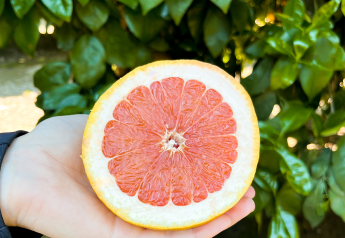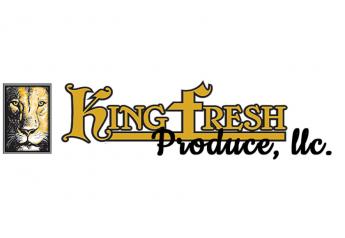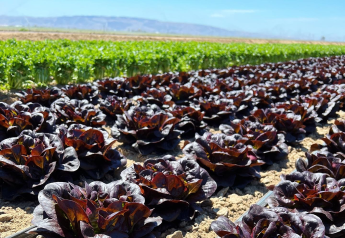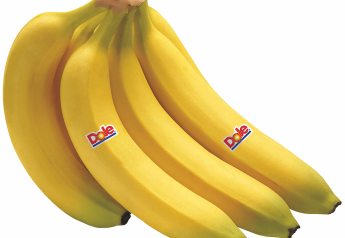Mango industry stresses sustainability
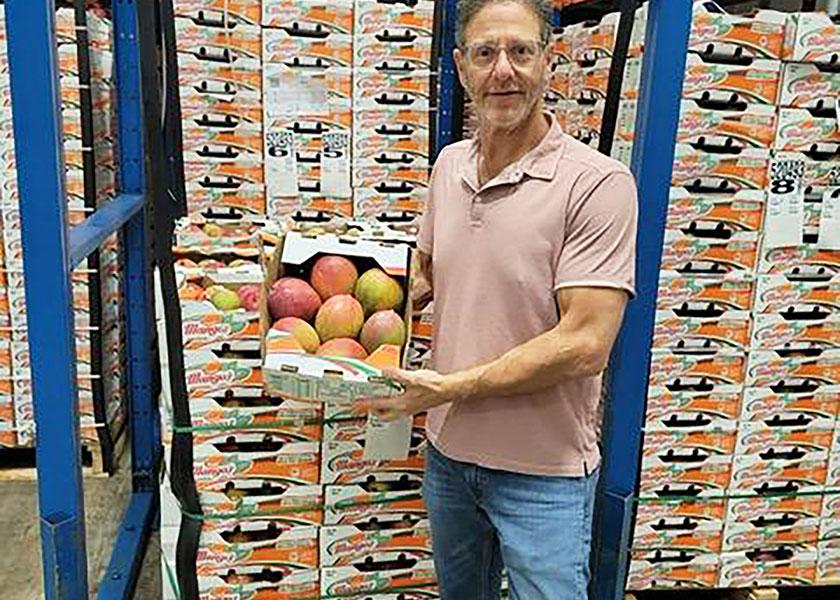
Sustainability, a subject that long has been top of mind in the produce industry, seems to have become a buzzword recently among nearly all businesses and a trending topic on social media.
A survey released in January by First Insight, an experience management platform, indicated that two-thirds of consumers say they would pay more for sustainable products.
Most mango importers say few buyers make specific demands for sustainability, but many suggest or encourage sustainable practices.
Even if not called for by buyers, most suppliers say they have implemented or encouraged sustainable practices at field level, as well as in packinghouses.
Chris Ciruli, partner at Ciruli Bros. LLC, Rio Rico, Ariz., said retailers frequently ask what the company is doing to promote sustainability.
Ciruli Bros. buys recycled paper products and recycled plastic products. But Ciruli said it seems that, while consumers say they want to see less packaging at the supermarket, “we’re still seeing faster growth on packaged items than on what is not packaged.”
Sustainability makes more sense at field level, he said, where ground is used over and over, and sound growing practices are mandatory if a grower is to stay in business.
Most of the company’s growers are second- or third-generation family operations.
“They understand the importance of sustainability,” Ciruli said.
“We share that value, and the chain stores want that,” he said. “We want to be in business a long time.”
Pharr, Texas-based Sweet Seasons partnered with an external company and began recycling its cardboard this year, said marketing director Daniela Landin and salesman Yasmani Garcia.
“We have also been recycling our used pallets for material for quite some while now,” Landin said.
The company regularly donates produce to schools, churches and other organizations.
“It goes without saying that, in produce, there is a lot of waste, so we try to do our best to minimize it,” she said.
Michael Warren, owner and president of Central American Produce Inc., Pompano Beach, Fla., said his retail buyers have not insisted that the company implement specific sustainable practices, but he said members of the mango industry realize that sustainability is on the minds of consumers.
The company has adopted practices such as using recyclable paper boxes, and he encourages mango growers to install drip irrigation and to use natural products as part of their growing protocols.
Sustainability also applies to enhancing the economy of growing areas and protecting the environment, he added.
Freska Produce International LLC, Oxnard, Calif., has achieved Fair Trade USA certification, and that is an important part of sustainability, said Gary Clevenger, managing member and co-founder.
The company’s buyers encourage sustainability programs at the farm and at packinghouse levels, he said.
“Many retailers make sure at least that packaging is recyclable,” he said.
Freska also has greatly expanded its organic mango program. Up to 40% of the packout now is organically grown.
It costs more to be sustainable because of necessary audits and hiring extra personnel to implement and monitor sustainable practices in each department, but Clevenger said, “it’s a cost we can deal with, and I think it pays off for us.”
Despite a lot of discussion about sustainability, Ronnie Cohen, principal at River Edge, N.J.-based Vision Import Group, thinks that, while it’s a concept that many companies may adopt long term, they may have other priorities for the immediate future.
“We can talk about sustainability and have goals to get there, but it’s going to take time,” he said. “There’s too much going on.”
“I want to be a steward of the environment and do the right thing,” he said. But supply chain challenges, rising costs and even difficulties obtaining the components of fertilizers have put sustainability on the back burner for now.
He’s optimistic about the future, though.
“Americans have a lot of ingenuity,” he said. “Where there are problems, we find solutions.”


